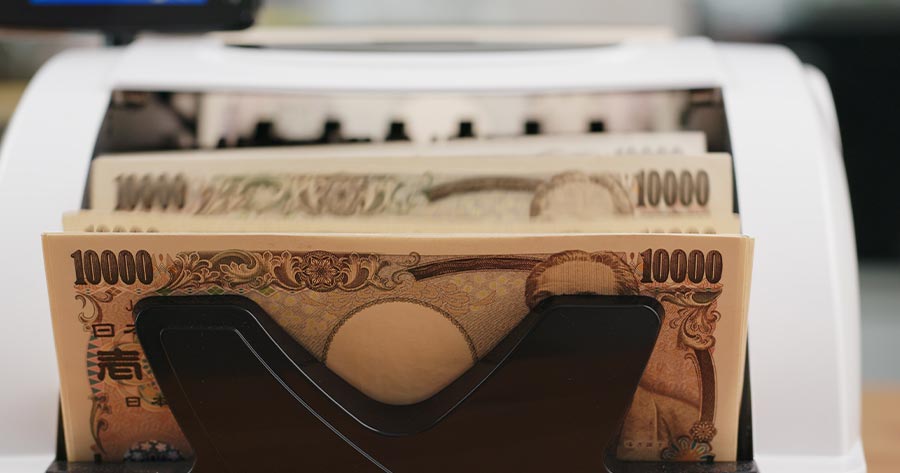According to sources familiar with the matter, Japan is poised to miss its target of achieving a primary budget surplus by the next fiscal year, starting this April. The minority government faces mounting demands for increased spending, adding to the complexity of its fiscal challenges.
The forthcoming fiscal projection, expected to be published this week, contradicts the government’s previous commitment made last July to realize a primary budget surplus by the fiscal year commencement. Achieving this surplus would have marked a milestone, given its origination in the early 2000s.
Japan is confronted with the pressing challenge of repairing its fragile public finances, with national debt now exceeding double the size of its economy. This fiscal urgency is particularly pronounced as the Bank of Japan begins to unwind its decade-long ultra-loose monetary policy, which has historically maintained borrowing costs at minimal levels.
Meanwhile, the ruling coalition’s recent loss of its parliamentary majority has also intensified pressures on Prime Minister Shigeru Ishiba. The government faces calls to amplify budgetary allocations to win favor with voters and appease the opposition. Consequently, an additional budget was introduced last year, involving 13.9 trillion yen ($88.06 billion) in expenditures.
The primary budget balance is a crucial indicator that excludes both new bond sales and debt-servicing costs, providing a measure of the extent to which government policies can be funded sans additional borrowing.
Japan has seen multiple delays in reaching its primary budget surplus, with target dates continually deferred.





